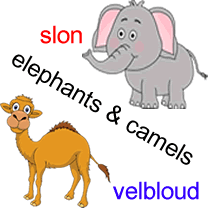If someone said that they would be with you in a jiffy, or that they’d be back in a jiffy, how long would you expect to wait for them?
Normally you wouldn’t expect to wait too long, as a jiffy refers to a short, unspecified length of time.
According to The Accidental Dictionary by Paul Anthony Jones (2016), the origins of the word jiffy are uncertain. It was first used in print in Erich Raspe’s Surprising Adventures of Baron Munchausen in 1785 meaning a short length of time.
In the Classical Dictionary of the Vulgar Tongue by Francis Grose (1796), the word jeffy was defined as meaning “a short space of time” or “an instant”.
In John S. Farmer’s Americanisms Old and New (1889), the word jeffy was defined as “A slang term amongst thieves for lightning. It is probable that ‘in a jiffy’, i.e. in a moment, may have originated in this connection, or vice versa.”
In the 1920s, Gilbert Newton Lewis, an American physicist gave jiffy the standard scientific definition of the time it takes light to travel one centimetre, or 33.3564 picoseconds / 33 trillionths of a second.
Medieval time keeping involved dividing the day into 24 hours – 12 from sunrise to sunset, and 12 from sunset to sunrise. The length of hours varied throughout the year, except at equinoxes, when they were the same length during the day and at night. Each hour was divided into four points, which were divided into ten moments, which were divided into 12 ounces, which were divided into 47 atoms. So a point was a quarter of an hour, a moment was one and a half points, and so on.
Only the word moment is still used, and now refers to a short length of time, a jiffy, a tick, a minute, a sec(ond), an instant, two shakes of a lambs tail, a flash, or the twinkling of an eye.
Can you think of other ways to refer to short lengths of time in English or other languages?


